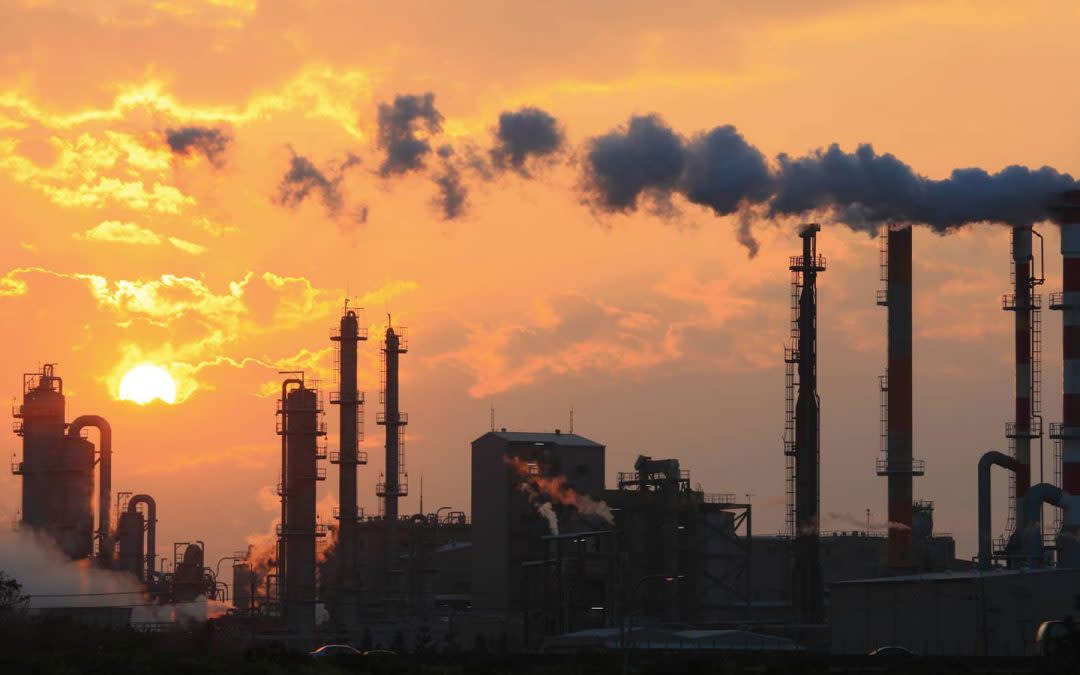U.N. health agency sets the higher, tougher bar for air quality

The UN Health agency released a revised set of guidelines on air quality. Here’s everything about the leading topic of this year’s UN General Assembly.
Air quality guidelines updated after 15 years

According to the World Health Organization (WHO), poor air quality has several negative impacts on health. After all, it is getting out of hand at unprecedented rates and the UN Health agency made the first update of the guidelines in 15 years. The much-needed revision also highlights the impact of burning fossil fuels. Fossil fuels and their usage goes hand in hand with global warming.
According to policymakers, academics, and advocacy groups, a drop in the concentration of six pollutants will have several health impacts. The pollutants are particulate matter- PM 10 and PM2.5, nitrogen dioxide, carbon monoxide, sulfur dioxide, and ozone. “We hope the tighter standards will draw attention to just how critical clean air is for human and ecosystem health. The difficulty will come in making the WHO guidelines more meaningful. Especially for the average person going about their day,” said Jessica Seddon. Seddon is the global head for air quality at the World Resources Institute.
Air pollution and its side effects

According to research air pollution is the cause of over 7 million premature death every year. In addition to this, it also affects the health of millions of people. Moreover, as per Dr. Dakota Jarosinska, air pollution is now the single largest environmental threat to humans and human health. Dr. Jarosinska is the WHO Europe program manager for living and working environments. “Air pollution is now comparable to other global health risks like unhealthy diet and tobacco smoking,” reported the WHO.
On Tuesday, Xi Jinping, the Chinese President announced that China will stop funding power plants running with coal. After all, this is because coal generates several pollutants which are mentioned in the new guidelines. “There is nothing more essential for life than air quality. And yet, because of air pollution, the simple act of breathing contributes to 7 million deaths a year. Almost everyone around the world is exposed to unhealthy levels of air pollution,” said Tedros Adhanom Ghebreyesus, the WHO Director-General.
This article U.N. health agency sets the higher, tougher bar for air quality appeared first on BreezyScroll.
Read more on BreezyScroll.


